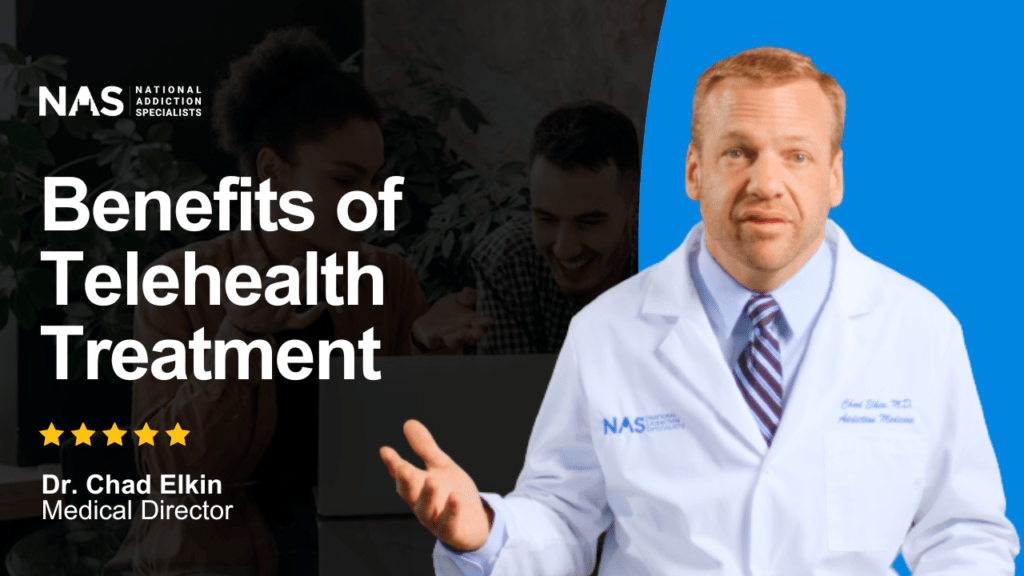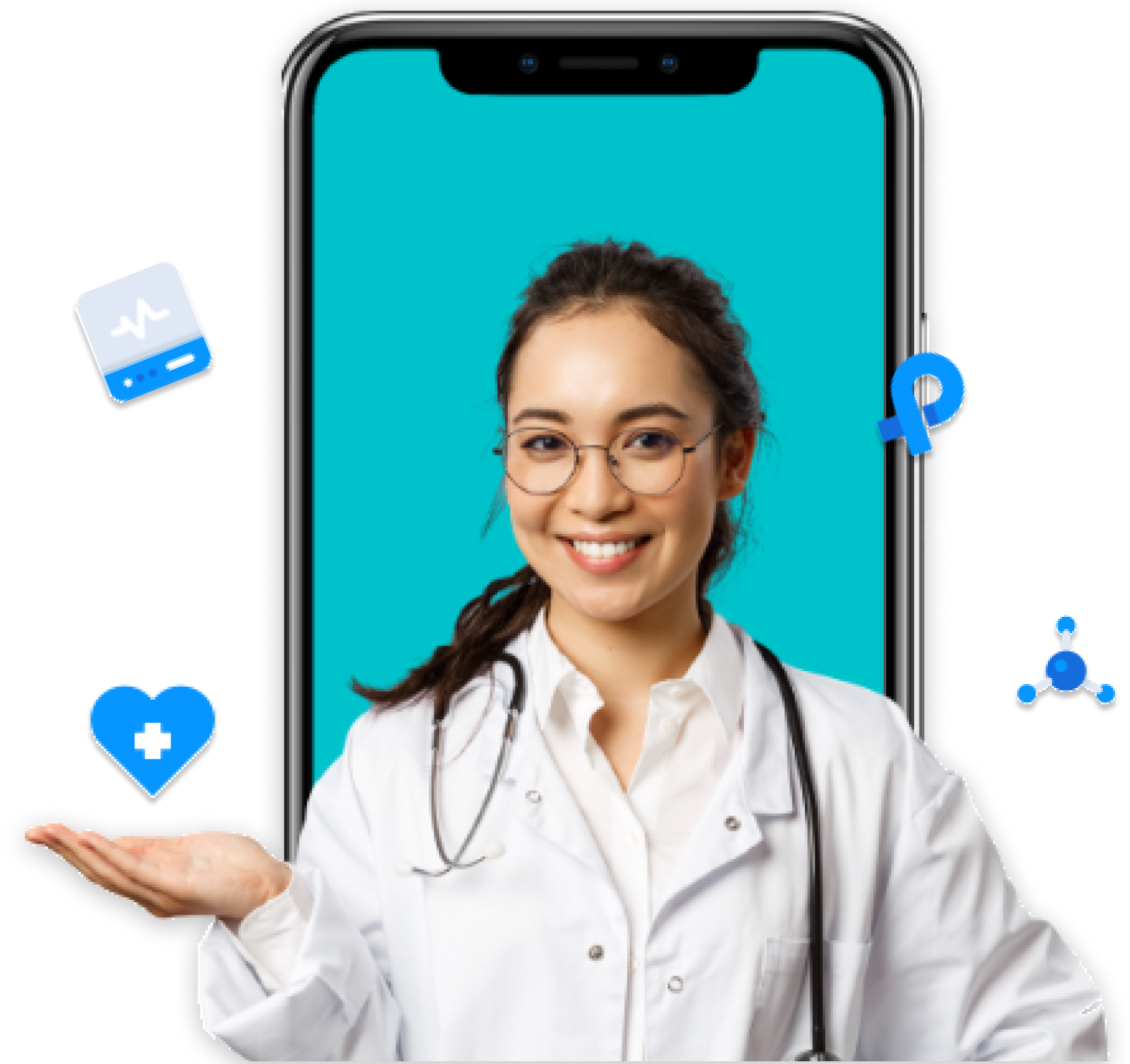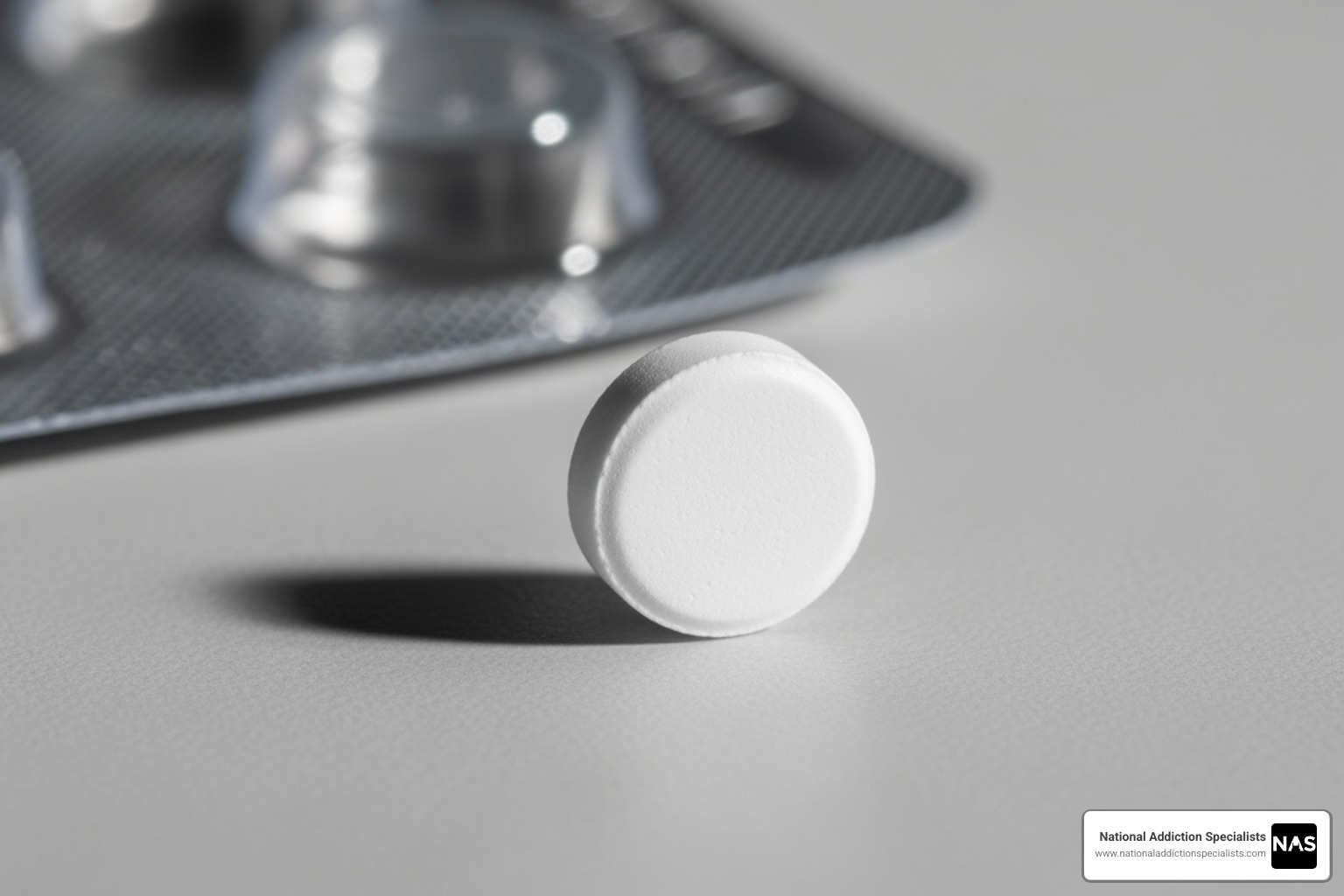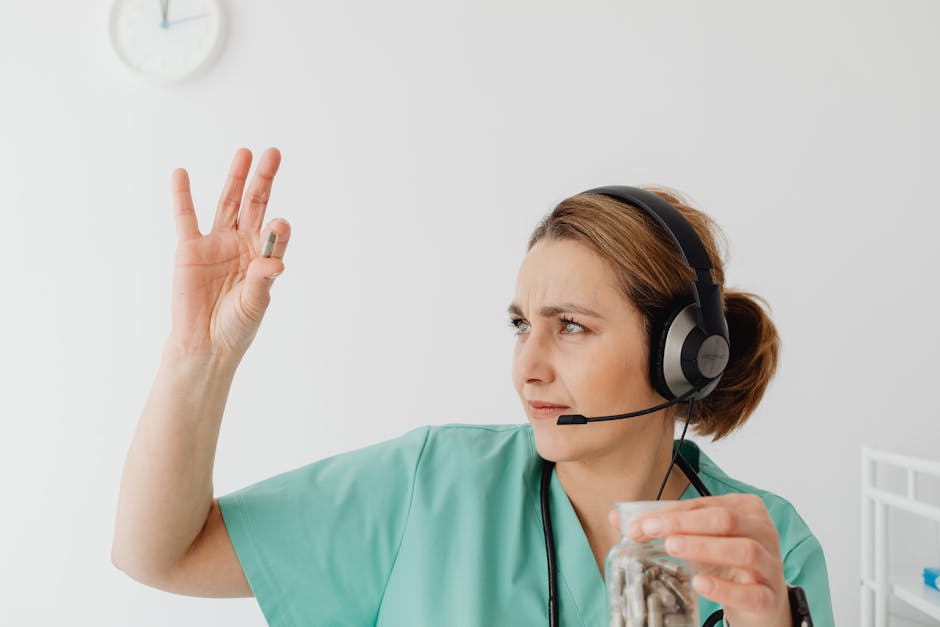Why Finding Local Suboxone Treatment Matters
Suboxone doctors near you offer life-changing treatment for opioid addiction right in your community. Finding the right provider can mean the difference between continuing to struggle and starting your recovery journey today.
Quick ways to find Suboxone doctors near you:
- SAMHSA’s Buprenorphine Practitioner Locator – Search by zip code for certified providers
- Telehealth options – Access treatment from home with online doctors
- Insurance provider directories – Find in-network doctors to reduce costs
- FindTreatment.gov – Government resource for addiction treatment centers
- Local addiction medicine specialists – Board-certified doctors in your area
The opioid crisis has touched millions of lives across America. Over 1.5 million physicians are now authorized to prescribe buprenorphine, making treatment more accessible than ever before. Yet many people still face barriers – from stigma and judgment to transportation issues and work schedules.
Recovery doesn’t have to wait. Modern Suboxone treatment combines medication with counseling to help manage withdrawal symptoms and reduce cravings. This approach has helped countless individuals reclaim their lives from opioid addiction.
Whether you’re looking for an in-person clinic or exploring telehealth options, the key is finding a provider who offers compassionate, evidence-based care. Many people find that online Suboxone doctors provide the privacy and convenience they need to start treatment without disrupting their daily responsibilities.
I’m Chad Elkin, a board-certified addiction medicine physician and founder of National Addiction Specialists, where I’ve helped thousands of patients find Suboxone doctors near them through both traditional and telehealth services. My experience leading addiction treatment programs has shown me that the right provider can make recovery both accessible and sustainable for busy individuals seeking discrete care.
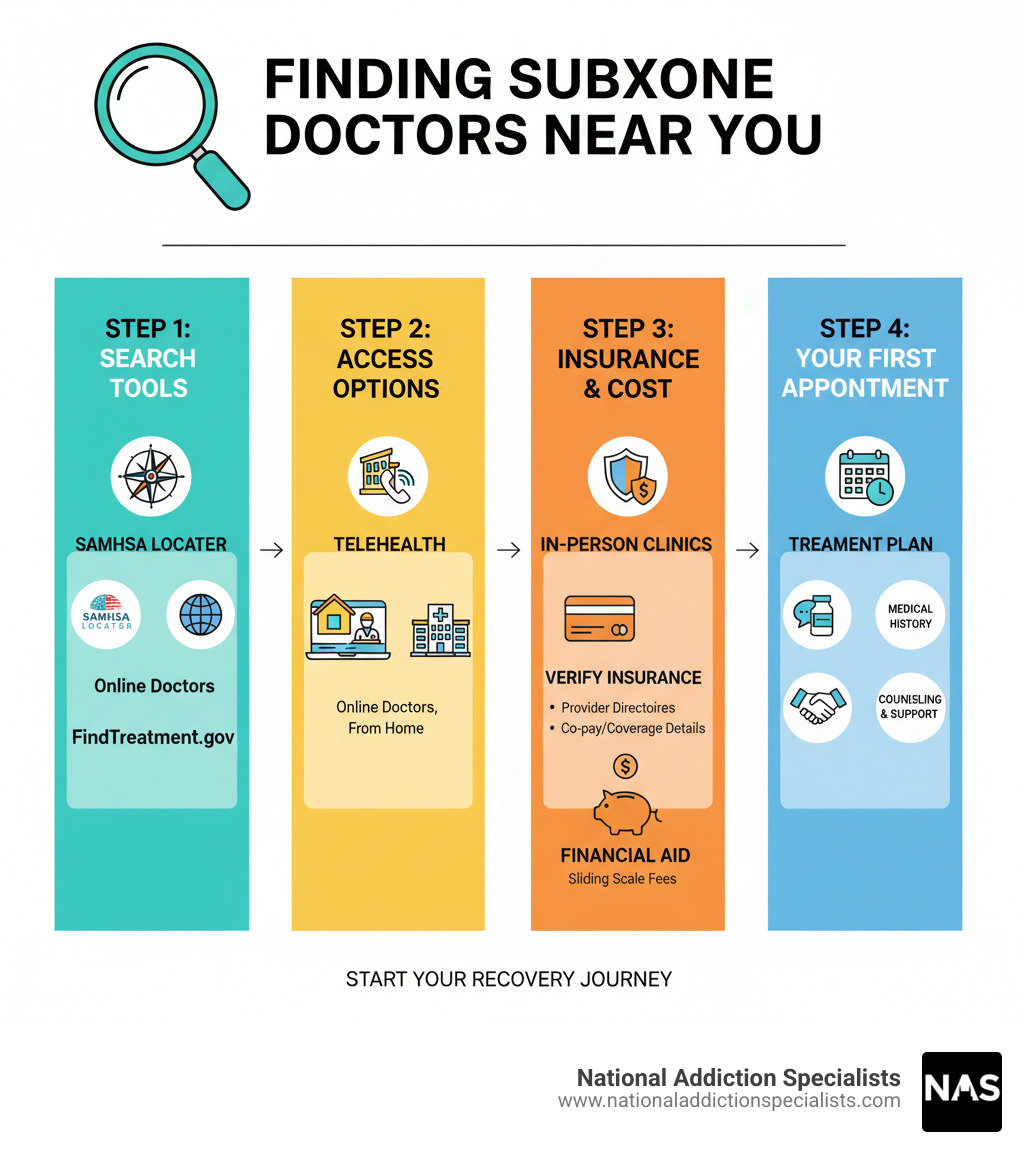
Understanding Suboxone: Your First Step to Recovery
If you’re searching for Suboxone doctors near you, understanding what this medication actually does can help you feel more confident about starting treatment. Think of Suboxone as a bridge – it connects where you are now with where you want to be in recovery.
Suboxone combines two powerful ingredients that work together like a well-coordinated team. The first is buprenorphine, and the second is naloxone. Each has a specific job in helping you break free from opioid addiction.
Buprenorphine acts as what doctors call a “partial opioid agonist.” Imagine your brain’s opioid receptors as dimmer switches rather than simple on-off switches. While drugs like heroin or prescription painkillers turn these switches to maximum brightness (causing intense highs and dangerous overdose risks), buprenorphine only turns them up partway.
This partial activation is actually brilliant. It provides enough stimulation to prevent withdrawal symptoms and reduce cravings, but not enough to create the euphoric high that drives addiction. Even better, buprenorphine has a “ceiling effect” – after a certain dose, taking more won’t increase the opioid effects, making overdose much less likely.
The naloxone component serves as your safety net. If someone tries to misuse Suboxone by injecting it, naloxone springs into action, blocking opioid receptors and potentially triggering uncomfortable withdrawal symptoms. When you take Suboxone correctly under your tongue, the naloxone stays mostly inactive, letting the buprenorphine do its healing work.
The Benefits of Suboxone Treatment extend far beyond just managing withdrawal. Patients often experience reduced cravings, better sleep, and the mental clarity needed to focus on rebuilding their lives. Understanding What is Suboxone? helps you see why this medication has become a cornerstone of modern addiction treatment.
How Suboxone Treatment Works
Picture your brain as having millions of tiny parking spaces specifically designed for opioids. When someone uses heroin or prescription painkillers, these drugs rush in and fill up those spaces completely, triggering an intense flood of feel-good chemicals.
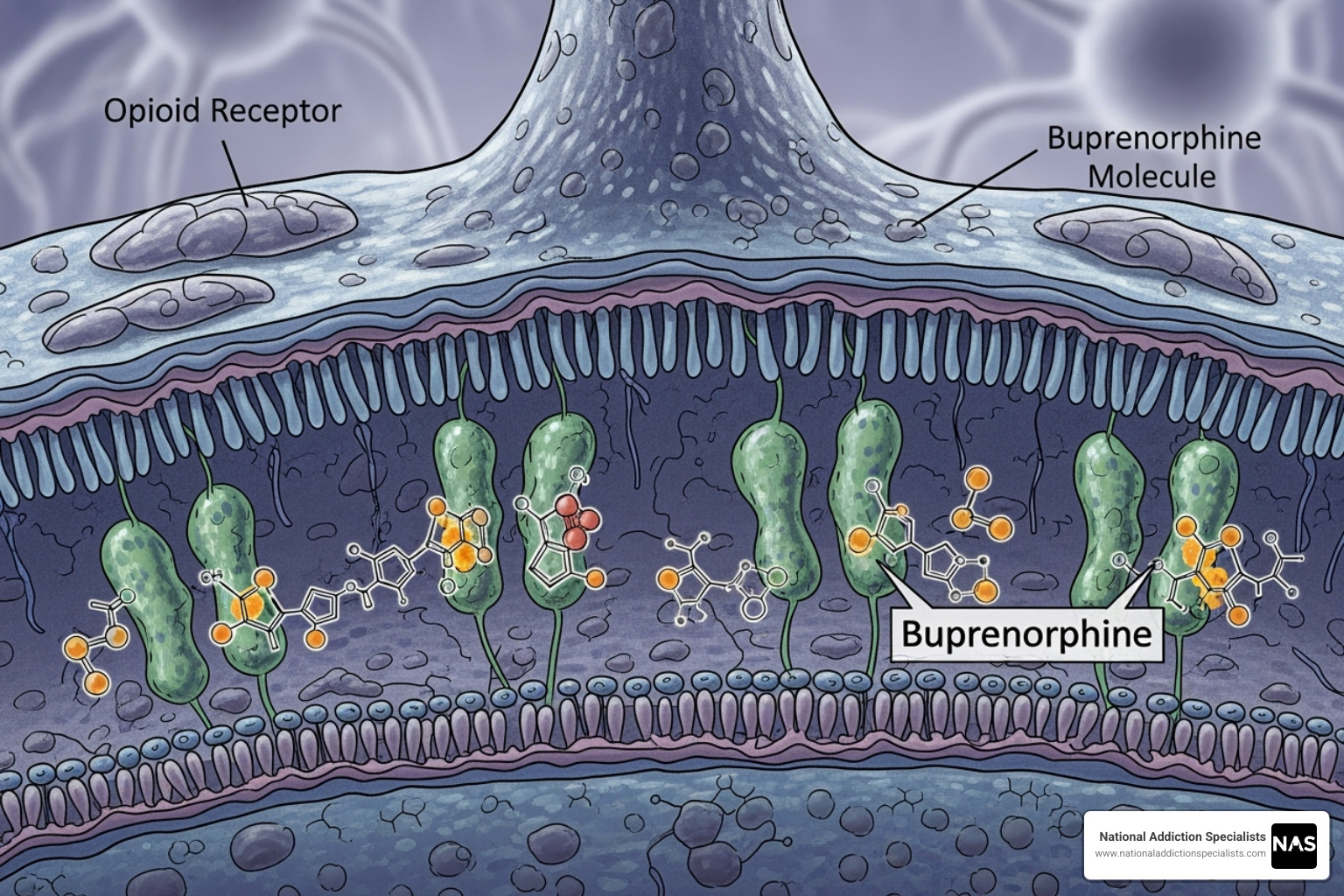
Buprenorphine works differently. It slides into those same parking spaces, but instead of causing chaos, it brings calm and stability. Because buprenorphine binds so strongly to opioid receptors, it essentially reserves those spaces for itself. This means if someone tries to use other opioids while on Suboxone, those drugs can’t find anywhere to park – they get blocked out.
This blocking effect is one reason why How Suboxone Treatment Works so effectively. It’s not just about replacing one drug with another – it’s about giving your brain a chance to heal while protecting you from the drugs that caused problems in the first place.
The beauty of this system is that it allows people to function normally. You can work, drive, care for your family, and handle daily responsibilities without the roller coaster of highs and withdrawal that characterizes active addiction.
The Role of Counseling in Treatment
While Suboxone handles the physical side of addiction beautifully, recovery involves more than just brain chemistry. That’s where counseling becomes your secret weapon for long-term success.
Think about it this way: if addiction were just about physical dependence, everyone would recover easily once the drugs left their system. But we know it’s more complicated than that. Addiction often develops alongside stress, trauma, depression, or life circumstances that medication alone can’t fix.
Comprehensive care means addressing these root causes through behavioral therapy and support groups. Cognitive Behavioral Therapy helps you recognize thought patterns that lead to drug use, while Dialectical Behavior Therapy teaches practical skills for managing intense emotions without substances.
Support groups offer something equally valuable – the understanding that comes from people who’ve walked in your shoes. There’s tremendous power in sharing your struggles and victories with others who truly get it.
At National Addiction Specialists, we’ve seen how Medication Assisted Treatment transforms lives when it combines Suboxone with counseling support. This holistic approach doesn’t just help you stop using opioids – it helps you build a life you don’t want to escape from.
The goal isn’t just sobriety; it’s helping you develop coping skills, rebuild relationships, and create the kind of meaningful life that makes recovery feel worth it every single day.
How to Find Suboxone Doctors Near You: A Step-by-Step Guide
Taking the first step toward recovery can feel daunting, but finding Suboxone doctors near you doesn’t have to be complicated. Whether you’re searching at 2 AM because you couldn’t sleep or during your lunch break at work, help is more accessible now than ever before.
The landscape of addiction treatment has changed dramatically. Today, you have options that range from traditional in-person clinics to cutting-edge telehealth services. The key is knowing where to look and what questions to ask.
Let me walk you through three proven strategies that have helped thousands of people connect with the right care. Each approach has its own advantages, and you might find that combining them gives you the best results.
Step 1: Use Official Online Treatment Locators
When you’re ready to find Suboxone doctors near you, start with the most reliable sources. Government-backed treatment locators are your best bet for finding legitimate, qualified providers who won’t waste your time or money.
The SAMHSA Buprenorphine Practitioner Locator is like having a GPS for addiction treatment. Simply enter your zip code, and you’ll see a list of doctors in your area who are authorized to prescribe buprenorphine. This isn’t just any directory – these are healthcare providers who’ve completed special training and certification. With over 1.5 million physicians now authorized to prescribe buprenorphine nationwide, your chances of finding someone nearby are better than ever.
FindTreatment.gov takes things a step further. This comprehensive portal lets you filter results by treatment type, payment options, and location. You can search specifically for facilities that offer medication-assisted treatment or browse their Opioid Treatment Program Directory, which lists more than 1,500 programs across the United States.
State directories are another goldmine. Many states maintain their own databases of certified providers, often with additional details about services offered and insurance accepted. These can be especially helpful for understanding local resources and support programs.
Step 2: Explore Telehealth and Online Suboxone Doctors
Here’s where modern medicine really shines. Telehealth has transformed how people access addiction treatment, breaking down barriers that once seemed impossible to overcome.
Think about it – no more sitting in waiting rooms, no more taking time off work for appointments, and no more worrying about running into someone you know. With Telemedicine Treatment, you can meet with qualified doctors from your kitchen table, your car during lunch break, or anywhere you feel comfortable.
This approach is particularly valuable if you live in rural areas where addiction specialists are scarce. Thanks to changes in federal regulations, including Ryan Haight Act waivers, many providers can now prescribe Suboxone through virtual consultations without requiring an initial in-person visit.
Our Online Suboxone Clinic exemplifies this new approach. We’ve seen how removing traditional barriers – like transportation issues, work conflicts, and privacy concerns – empowers people to take that crucial first step. After your virtual consultation, your prescription is sent directly to your local pharmacy. It’s that simple.
Make an Appointment to Treat Addiction
Please don’t hesitate. Make an appointment today.
Step 3: Check With Your Insurance Provider
Nobody should have to choose between recovery and financial stability. The good news? Most insurance plans are required to cover addiction treatment, including Suboxone, thanks to the Mental Health Parity and Addiction Equity Act.
Start by calling the customer service number on your insurance card. Ask specifically about buprenorphine coverage, both for the medication itself and for doctor visits. Find out your copay amounts and whether you need referrals or prior authorizations.
In-network providers will save you the most money. Your insurance company can provide a list of covered doctors in your area. Many also have online portals where you can search for addiction medicine specialists who accept your plan.
Don’t overlook Medicaid and Medicare coverage. Both programs typically cover Suboxone treatment, though the specifics can vary by state. If you’re eligible for these programs, they might be your most affordable path to treatment.
At National Addiction Specialists, we work with various insurance plans to make treatment accessible. Our Online Suboxone Doctors That Take Insurance can help you understand your benefits and reduce out-of-pocket costs. For those in our service areas, we provide detailed information about coverage options, like our Suboxone Clinics in Tennessee That Take Insurance.
Financial concerns shouldn’t delay your recovery. Many providers offer payment plans or sliding scale fees for those who need them. The most important thing is to start the conversation about treatment – the financial details can usually be worked out.
Choosing the Right Provider: What to Look For
Finding Suboxone doctors near you is just the beginning. The real magic happens when you find a provider who truly understands your journey and makes you feel heard, respected, and hopeful about recovery.
Think of this as choosing a teammate for one of the most important games of your life. You want someone in your corner who has the skills, experience, and heart to help you win. When exploring Suboxone Treatment Programs, the right fit matters more than convenience alone.
The relationship you build with your provider can make all the difference between just getting by and truly thriving in recovery. Let’s talk about what makes a provider worth your trust.
What to Look for in Suboxone Doctors Near Me
Credentials matter, but compassion matters more. Look for doctors who are board-certified, especially in addiction medicine or psychiatry. This specialized training means they understand the complexities of addiction as a medical condition, not a character flaw.
Treatment philosophy tells you everything about how a provider approaches care. The best providers understand that Suboxone works best when combined with counseling and behavioral therapy. They see the whole person, not just the addiction.
Personalized care should be non-negotiable. Your story is unique – your childhood, your struggles, your strengths, your goals. A good provider will create a treatment plan that fits your life, not try to squeeze you into a cookie-cutter approach.
A judgment-free environment can be life-changing. Addiction carries enough shame already. You deserve a provider who treats you with dignity and respect, who sees your courage in seeking help rather than focusing on past mistakes.
Accessibility in today’s world means more than just office hours. Can you reach them when you need support? Do they offer flexible appointment times? Can you communicate through secure messaging or video calls when needed?
The Process for Getting a Prescription
Getting started with Suboxone treatment is straightforward, but it requires careful medical supervision to ensure your safety and success.

Your initial assessment is like getting to know each other. Your doctor will ask about your opioid use history, any other health conditions, and what you hope to achieve in recovery. This isn’t an interrogation – it’s a conversation that helps them understand how to best support you.
Timing is everything when starting Suboxone. You need to be in mild to moderate withdrawal before taking your first dose. Starting too soon can cause something called precipitated withdrawal, which feels terrible and is completely avoidable with proper timing. Your doctor might use the Clinical Opiate Withdrawal Scale (COWS) to make sure the timing is just right.
The induction phase is when you take your first dose under medical supervision. Your doctor will start with a low dose and increase it gradually until you feel relief from withdrawal symptoms and cravings without feeling sedated or “high.” This careful approach helps avoid complications.
Stabilization happens once you’ve found the right dose. Your doctor will continue monitoring your progress and may make small adjustments as your body adapts to the medication.
Maintenance is the long game – the ongoing treatment phase where you continue taking Suboxone while building the life skills and support systems you need for lasting recovery. Regular check-ins with your provider keep you on track and help address any challenges that come up.
This isn’t just about getting a prescription. It’s about starting a partnership that can transform your life.
Frequently Asked Questions about Finding Suboxone Doctors Near Me
When you’re searching for Suboxone doctors near you, it’s completely natural to have questions. Recovery is a big step, and we want you to feel confident and informed as you move forward. Let’s address some of the most common concerns we hear from people just like you.
For even more detailed answers, our comprehensive Suboxone Treatment FAQ page covers everything you might want to know about treatment.
Can I get a Suboxone prescription on the first visit?
Absolutely, yes! This is one of the biggest advantages of modern telemedicine treatment. Many people are pleasantly surprised to learn they can start their recovery journey the same day they reach out for help.
Here’s how it typically works: During your first virtual consultation with one of our doctors, we’ll conduct a thorough evaluation of your medical history and current situation. If our medical team determines that Suboxone is the right fit for your needs, we can send your prescription electronically to your local pharmacy that same day.
This efficiency isn’t just convenient – it’s crucial. When you’re ready to start treatment, waiting days or weeks for appointments can feel overwhelming. With telehealth options, you can have your consultation from home, receive your prescription, and pick up your medication without the stress of multiple trips or long waits.
The key is being honest and thorough during your assessment. The more information you can share with your doctor, the better they can help you start on the right path.
What are the common side effects of Suboxone?
Like any medication, Suboxone can cause side effects, though most people find them manageable and temporary. Think of it this way – these potential side effects are usually much easier to handle than the challenges of untreated opioid addiction.
The most common side effects include nausea, headaches, constipation, and dizziness. You might also experience some sweating, trouble sleeping, stomach discomfort, back pain, or fatigue during your first few weeks of treatment.
Most of these effects tend to improve as your body adjusts to the medication. Your doctor will work closely with you to manage any discomfort and may suggest simple strategies like taking your medication with food or adjusting the timing of your dose.
More serious side effects are rare but important to watch for. These include allergic reactions, breathing problems, or liver issues. If you experience anything concerning, don’t hesitate to contact your healthcare provider immediately.
If you ever need to stop taking Suboxone, it should always be done under medical supervision. Suboxone Withdrawal can be uncomfortable, but your doctor can help you taper safely when the time is right.
How long does Suboxone treatment last?
This is probably the question we hear most often, and here’s the honest answer: there’s no set timeline because everyone’s recovery journey is unique.
Some people do well with a few months of treatment, while others benefit from years of maintenance therapy. We approach opioid use disorder as a chronic medical condition – similar to diabetes or high blood pressure – that often requires ongoing management rather than a quick fix.
Research consistently shows that staying in treatment for longer than six months leads to better outcomes. This isn’t about being “dependent” on medication forever – it’s about giving yourself the best chance at long-term success.
The beautiful thing about Suboxone treatment is that it gives you stability to focus on rebuilding your life, relationships, and goals. Whether that takes months or years depends on your individual circumstances, and that’s perfectly okay.
Your doctor will regularly check in with you to assess how you’re doing and whether any adjustments need to be made. When and if you decide to taper off Suboxone, it will be a collaborative decision made when you and your medical team feel confident in your ongoing recovery.
The goal isn’t to rush off medication – it’s to build a strong, sustainable foundation for your future. Take the time you need, and trust the process.
Your Path to Recovery Starts Today
You’ve made it this far, and that tells me something important about you – you’re ready for change. Finding Suboxone doctors near you isn’t just about locating a provider; it’s about taking back control of your life and stepping into a future filled with possibility.
Recovery truly is possible, and it’s closer than you might think. The landscape of addiction treatment has transformed dramatically, breaking down barriers that once kept people from getting help. Whether you’re dealing with work schedules, family responsibilities, or simply wanting privacy during this vulnerable time, today’s treatment options meet you where you are.
The beauty of telehealth lies in its ability to bring expert care directly to your living room. No more sitting in waiting rooms, no more arranging complicated transportation, no more taking time off work for appointments. You can have a confidential consultation with a board-certified addiction medicine physician while your coffee is still warm.
At National Addiction Specialists, we’ve seen thousands of people just like you take this brave first step. Some come to us feeling hopeless, others angry, many scared. What they all share is a desire for something better. And you know what? They find it. Not because we’re miracle workers, but because recovery happens when the right treatment meets genuine commitment.
Your journey doesn’t have to wait for the “perfect” moment – because that moment rarely comes. It starts with one phone call, one appointment, one decision to choose hope over fear. We’re here to walk alongside you, providing the medical expertise and compassionate support that makes lasting recovery possible.
The path ahead may have challenges, but you won’t face them alone. From your first virtual consultation to ongoing support throughout your recovery journey, we’re committed to being your partners in healing.
Make an Appointment to Treat Addiction
Please don’t hesitate. Make an appointment today.
Your future self is waiting, and we’re here to help you meet them. Schedule your addiction treatment appointment today and find what life can look like when you’re no longer fighting this battle alone.
This article was medically reviewed by:
Chad Elkin, MD, DFASAM is a board-certified addiction medicine physician, founder, and Chief Medical Officer of National Addiction Specialists, dedicated to treating substance use disorders. A Distinguished Fellow of the American Society of Addiction Medicine (ASAM), Dr Elkin currently serves as President of the Tennessee Society of Addiction Medicine (TNSAM) and has held various leadership roles within the organization. Dr Elkin chairs ASAM’s Health Technology Subcommittee and is an active member of its Practice Management and Regulatory Affairs Committee, State Advocacy and Legislative Affairs Committee, and other committees. He also serves on the planning committee for the Vanderbilt Mid-South Addiction Conference. Committed to advancing evidence-based policy, Dr Elkin is Chairman of the Tennessee Association of Alcohol, Drug, & Other Addiction Services (TAADAS) Addiction Medicine Council, which collaborates with the TN Department of Mental Health & Substance Abuse Services (TDMHSAS). He has contributed to numerous local, state, and national task forces, helping develop professional guidelines, policies, and laws that align with best practices in addiction medicine. His work focuses on reducing addiction-related harm, combating stigma, and ensuring access to effective treatment.Passionate about the field of addiction medicine, he remains dedicated to shaping policy and enhancing patient care.
Suboxone® and Subutex® are a registered trademark of Indivior UK Limited. Any mention and reference of Suboxone® and Subutex® in this website is for informational purposes only and is not an endorsement or sponsorship by Indivior UK Limited.




